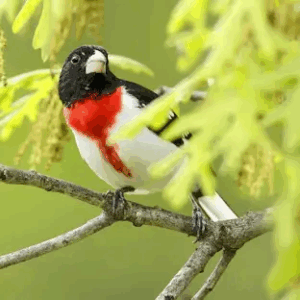The morning I learned of Ursula’s passing, the sky seemed duller. My neighbor of many years had quietly slipped away at ninety-four, taking with her stories of a world I could scarcely imagine.
As I stood at my kitchen window, a heaviness settled in my chest—not just for my loss, but for all the history that had departed with her.
Ursula had been born in Berlin during a time when the city still sparkled with culture and possibility. She’d speak fondly of evenings at the opera, as a young girl, and how the streets were safe enough for her to walk after dark. Her eyes would brighten recounting these memories, as if briefly transported back to that golden time before everything changed.
“Then Hitler started his thing,” she would say simply, her German accent thickening around her English words. The way she compressed those horrors into such understated phrases always struck me. Some neighbors simply “disappeared.” The war “started.” Such simple words to describe the collapse of her world.
One early evening, sharing a glass of wine, she told me about seeing a dead soldier in a bombed-out building, rats already beginning their grim work. She spoke of her mother hiding her behind her skirts when Russian soldiers searched their home, draping a shawl around her head while whispering, “Don’t move.” Her mother understood enough Russian to hear them dismiss their hiding place: “Just an old woman in there.”
The tuberculosis came later. She and her younger brother both fell ill and were sent to a sanatorium. “I cared for him there,” she’d say, the simple statement containing volumes of devotion. By war’s end, both her parents were gone—her father killed in the war, her mother died from illness.
Love found her eventually in the 1960s—a young American pilot stationed in Germany. Their marriage brought her to America, but happiness proved fleeting. Her husband’s plane was shot down over Vietnam, leaving Ursula alone with two small children in a country not her own.
She never remarried. Instead, she bought the little brick house across the street from mine and poured her love into her children and flower garden. The birds that visited her yard became her special companions. “They are messages from my loved ones,” she would confide, her face softening with certainty.
I once heard her speaking to a dove, her voice dropping to a gentle murmur, words I couldn’t quite catch but delivered with such tenderness that I knew they carried deep meaning.
I treasured our conversations. She would lean on her garden rake, wipe her brow with the back of her gloved hand, and ask, “And how are you today, my dear?” No matter my answer, she listened as if it were the most important thing she would hear all day.
When I received the word about her passing, I wasn’t surprised. Ninety-four years is a whole life by any measure, especially one that has weathered so much. Still, knowing she was gone left me feeling untethered.
I walked heavily back to my house to tell my husband. As I passed my kitchen window, a flash of color caught my eye. Perched on my birdbath was a bird I’d never seen before—striking with its rose-red breast and a crimson streak down its white chest like a drop of blood.
I later identified it as a rose-breasted grosbeak, rare in our area and certainly never before seen in my yard. I stood frozen, watching as it turned its head, seeming to look directly at me.
In that moment, I felt certain: Ursula had stopped for one final goodbye. The bird stayed only a minute before spreading its wings and flying toward the rising sun.
I watched until it disappeared, with tears in my eyes—not for sadness, but understanding. Ursula had found her way back to those she’d lost so long ago, but she’d included me in her final farewell.
War had taken so much from her, but it had never claimed her capacity for love or her belief in connections that transcend even death.
© 2025 Jan Peck. All rights reserved.
A Final Farewell: Ursula’s Story is a true account written by Jan Peck. No part of this story may be copied, reprinted, or distributed without the author’s written permission.


